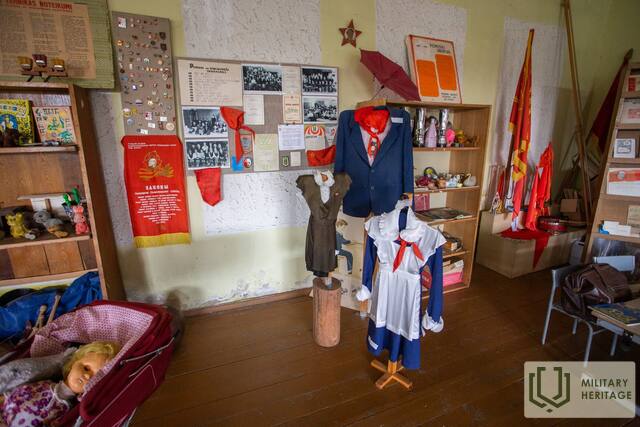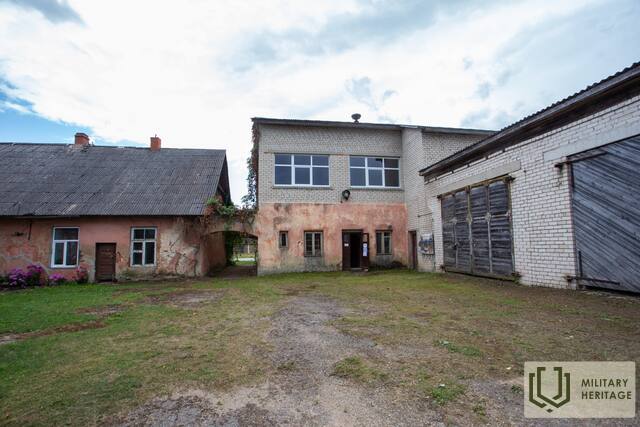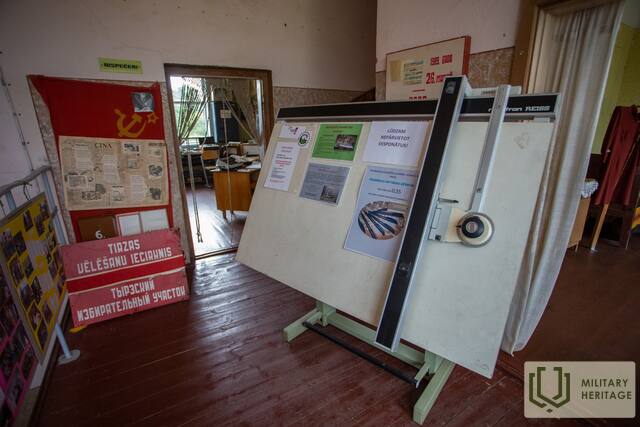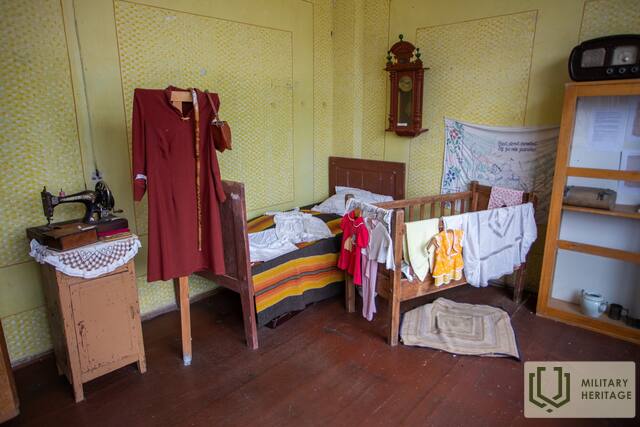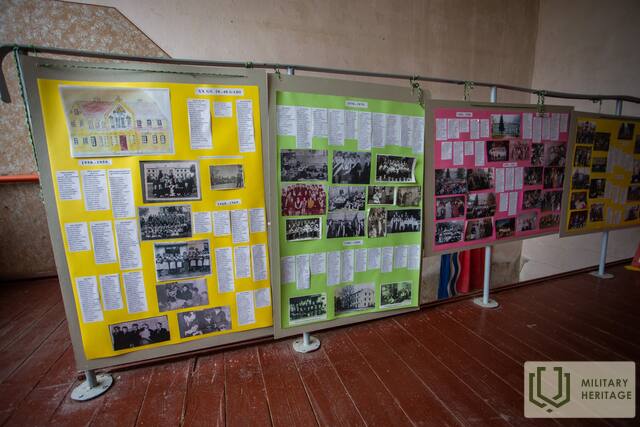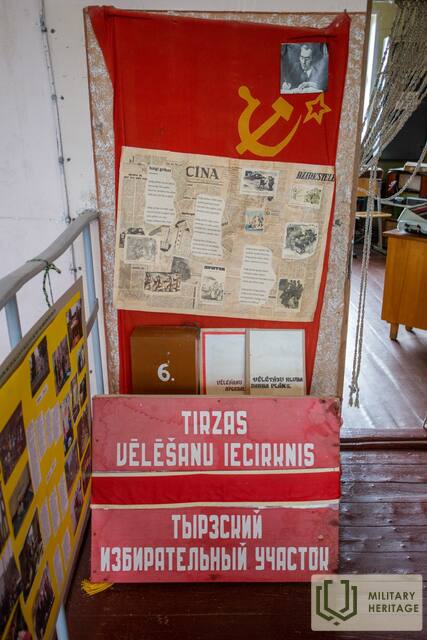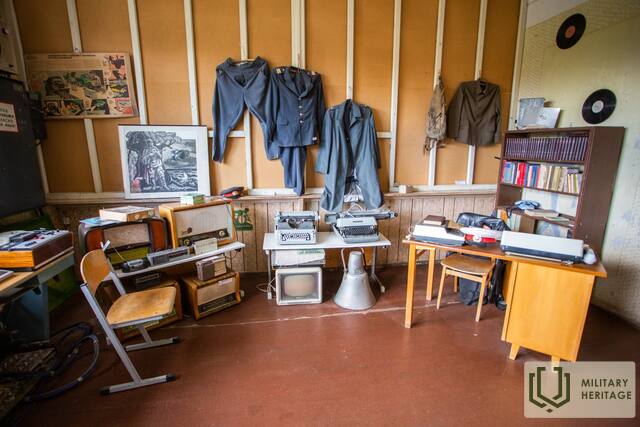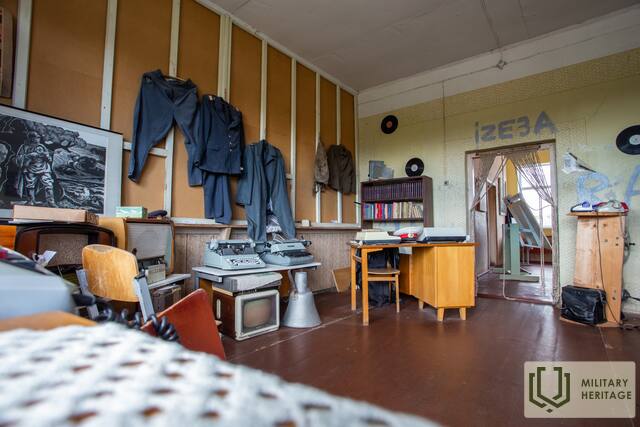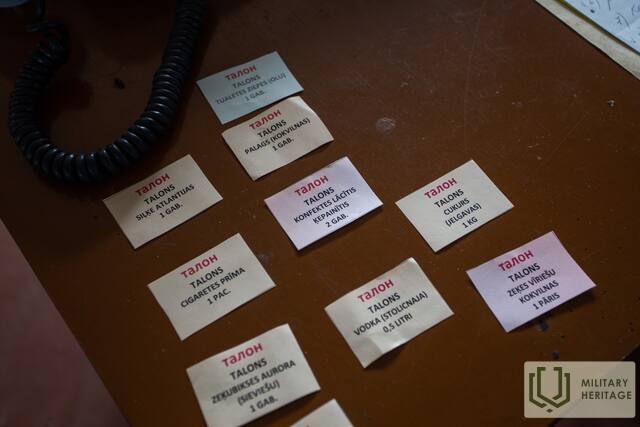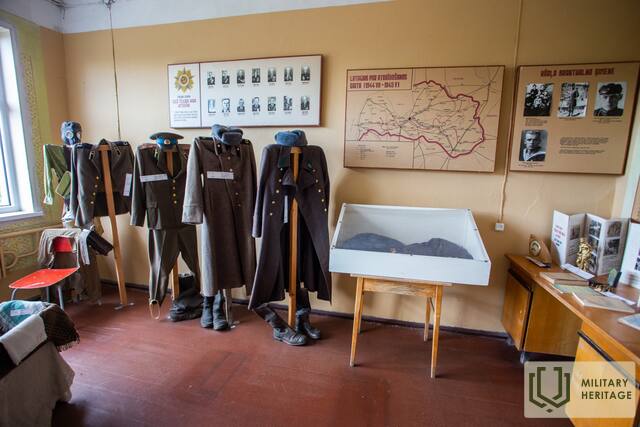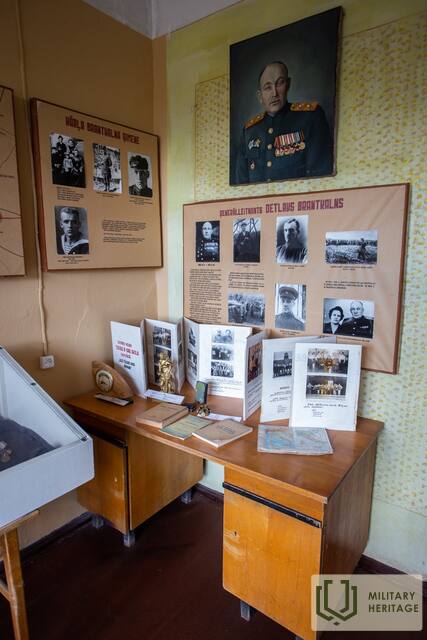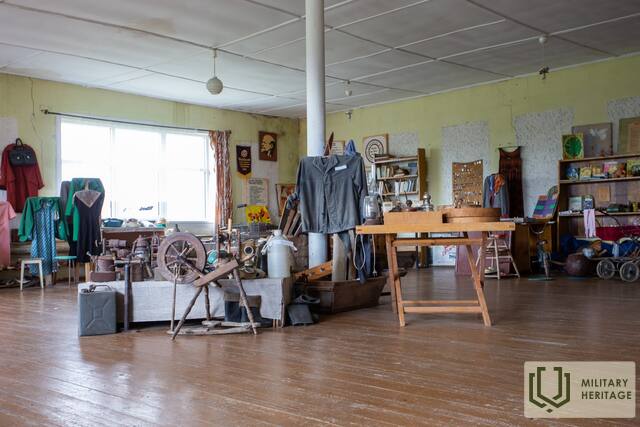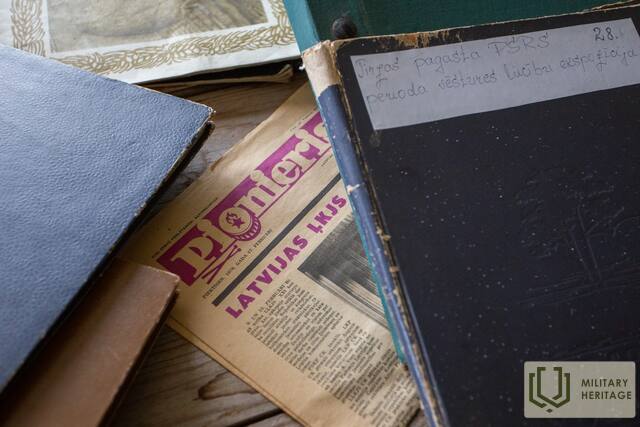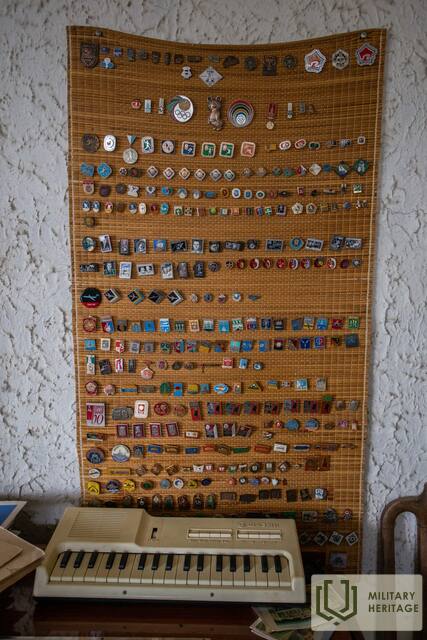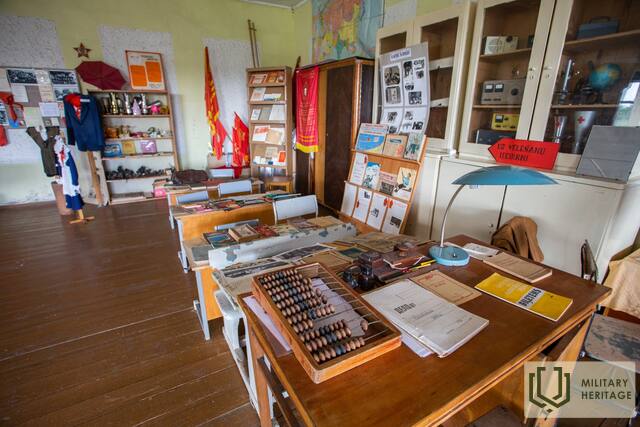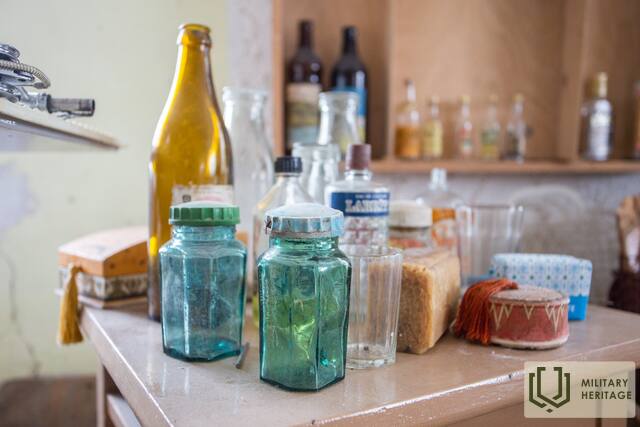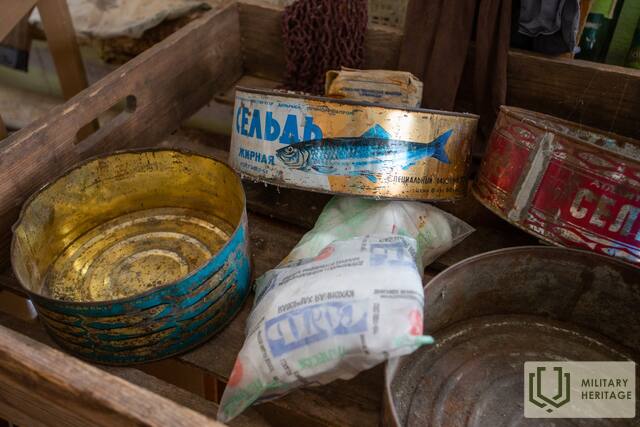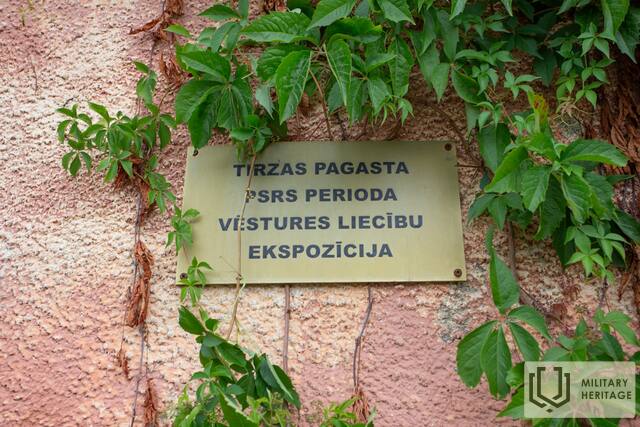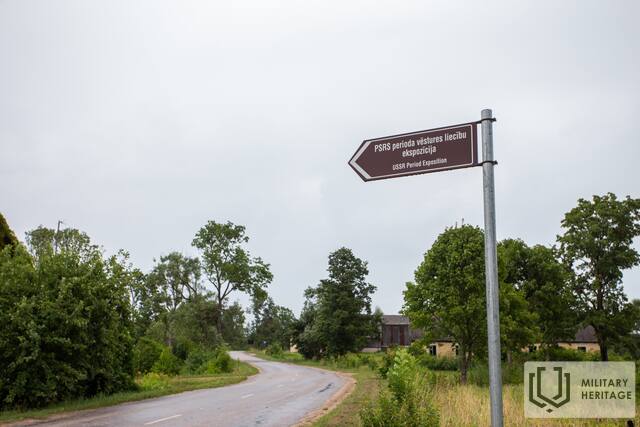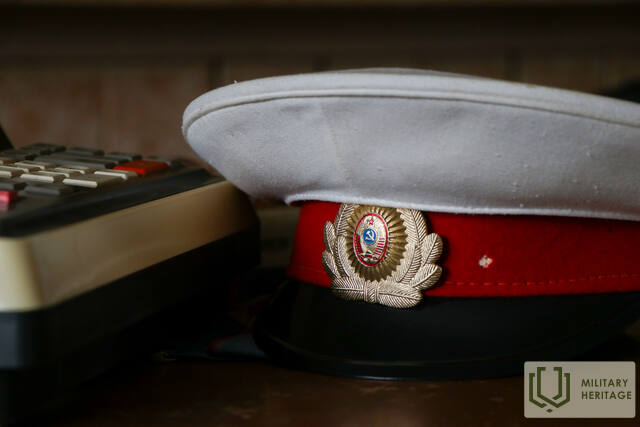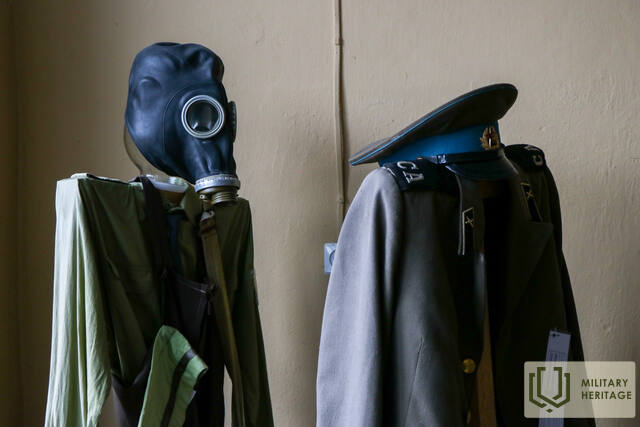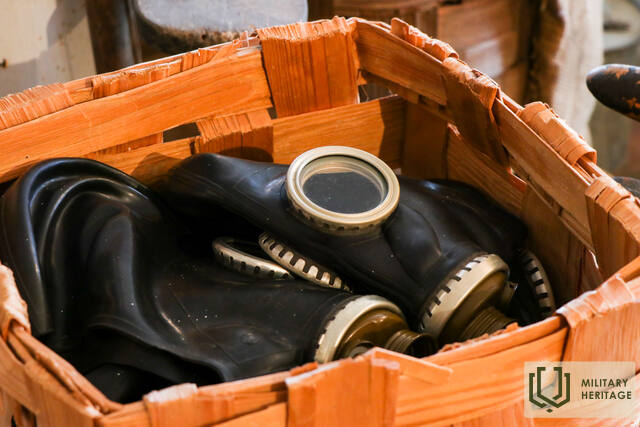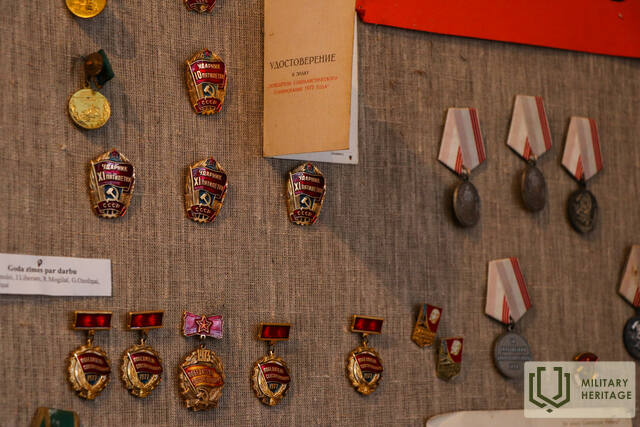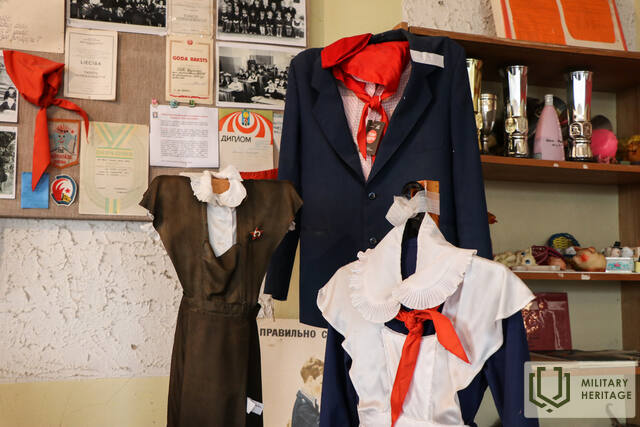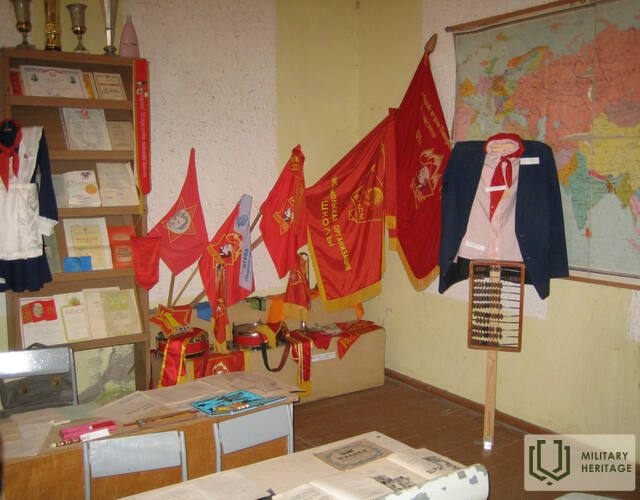Exhibition of historical evidence from the USSR period at the Tirza Parish Local History Museum
Museum

The exhibition, located in the former collective farm dispatcher's room, was opened in 2005. Visitors are invited to experience the atmosphere of the USSR in interactive classes: discussing the Soviet period, creating legends about historical evidence, participating in choir singing, dancing "letkis", making paper airplanes and chlapushkas, thus surviving a break at school, as well as enjoying kilavu buns and linden flower tea.
Stories and historical evidence about traditions, ancient crafts, and outstanding local people.
Please book your visit in advance!
Adults: 2.00 Eur
Students, pensioners: 1.00 Eur
Guided tour for up to 6 people (1-1.5 hours): 6.00 Eur
Guided tours for more than 6 people (1-1.5 hours): 1.00 Eur per person
Used sources and references:
https://www.visitgulbene.lv/objekts/psrs-perioda-vestures-liecibu-ekspozicija/
Related timeline
Related stories
Pranks and games with military ammunition
After World War II, the land of Latvia was full of physical remnants of war. It was a large number of shells, unexploded mines and simply cartridges. Even now, especially in places where active war activity took place, unexploded mines are found, which is a great rarity, while in the post-war years these shells were a part of everyday life for residents in forests and even in yards, and even children's toys.




